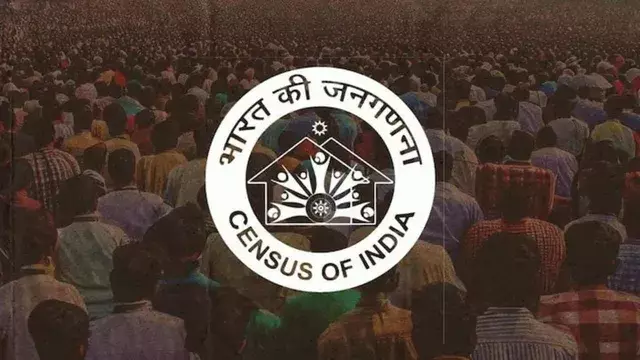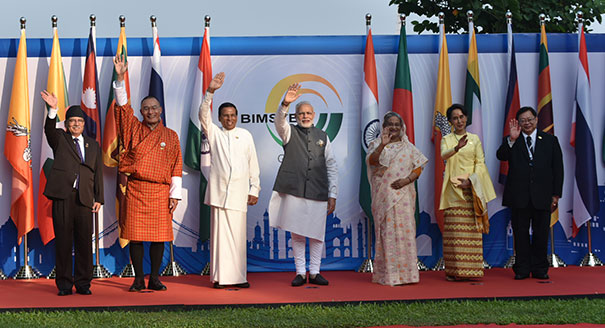- Courses
- GS Full Course 1 Year
- GS Full Course 2 Year
- GS Full Course 3 Year
- GS Full Course Till Selection
- Answer Alpha: Mains 2025 Mentorship
- MEP (Mains Enrichment Programme) Data, Facts
- Essay Target – 150+ Marks
- Online Program
- GS Recorded Course
- Polity
- Geography
- Economy
- Ancient, Medieval and Art & Culture AMAC
- Modern India, Post Independence & World History
- Environment
- Governance
- Science & Technology
- International Relations and Internal Security
- Disaster Management
- Ethics
- NCERT Current Affairs
- Indian Society and Social Issue
- NCERT- Science and Technology
- NCERT - Geography
- NCERT - Ancient History
- NCERT- World History
- NCERT Modern History
- CSAT
- 5 LAYERED ARJUNA Mentorship
- Public Administration Optional
- ABOUT US
- OUR TOPPERS
- TEST SERIES
- FREE STUDY MATERIAL
- VIDEOS
- CONTACT US
BILL TABLED TO REMOVE CJI FROM THE PANEL TO SELECT ELECTION COMMISSIONERS
BILL TABLED TO REMOVE CJI FROM THE PANEL TO SELECT ELECTION COMMISSIONERS
10-08-2023

Latest Context
The government has presented the Chief Election Commissioner and other Election Commissioners (Appointment, Conditions of Service and Term of Office) Bill, 2023, in the Rajya Sabha.
- The Chief Justice of India (CJI) is being asked to step down from the committee that chooses the Chief Election Commissioner and the other election commissioners.
- The Supreme Court had previously decided that a three-person commission will be responsible for choosing the Chief Election Commissioner and the other Election Commissioners in March 2023.
- The Chief Justice of India, the Leader of the Opposition in the Lok Sabha, and the Prime Minister should be on the committee.
Facts about the Election Commission of India
- The Election Commission of India (ECI) is an independent and permanent body.
- Article 324: Superintendence, direction and control of elections to be vested in an Election Commission.
- According to Article 324 of the Indian Constitution, it has the authority to hold elections to:
- Parliament.
- State Legislatures.
- Office of President and Vice-President of India.
Appointment and Tenure of Commissioners
- The appointment of the Chief Election Commissioner and other election commissioners is not subject to any special legislative procedure specified by the Constitution.
- According to Article 324(2), the appointment of the CEC and other ECs is subject to any laws passed by the Parliament. However, no such legislation has yet been created.
- The President makes the appointment on the advice of the Union Council of Ministers headed by the Prime Minister.
- They have a six-year term or until they become 65, whichever comes first.
- They have the same status as Supreme Court of India judges, and they get the same pay and benefits.
- The CEC can be removed from office except in the same manner and on the same grounds as a judge of the Supreme Court.
- The Constitution does not prohibit the government from appointing the retiring Election Commissioners again.
Supreme Court on Election Commission Appointment
- Several petitions calling for a hiring procedure like that used for the Director of the Central Bureau of Investigation (CBI) were being heard by a five-judge Supreme Court Constitution Bench.
- A committee made up of the Prime Minister, the Head of the One Largest Opposition Party, and the Chief Justice of India chooses the Director of the CBI.
- The Court unanimously disapproved of the current mechanism of the Centre selecting the poll watchdog's members in March 2023.
- The Court has urged Parliament to pass a bill addressing the selection process, terms of service, and tenure of the CEC and ECs by citing Article 324(2) of the Constitution.
- Before that, the Chief Justice of India, the Opposition Leader, and the Prime Minister of India constituted a body to make these appointments.
Key highlights of the bill
- Removed CJI from the panel:
- A cabinet minister nominated by the Prime member will take the position of the Chief Justice of India in the committee responsible for choosing the CECs and ECs.
- Additionally, it adds the Lok Sabha Leader of Opposition to the selection committee.
- Criteria:
- According to the bill, the ECI would be made up of a CEC and other ECs chosen from among those who currently hold or have previously held the position of Secretary to the Government of India. They shall also be persons of integrity, who have knowledge of and experience in management and conduct of elections.
- Process:
- First, a Search Committee, headed by the Cabinet Secretary and including two members not below the rank of Secretary, having knowledge and experience in matters relating to elections, shall prepare a panel of five persons.
- The Selection Committee will then get this.
- The selection committee will be chaired by the PM and a cabinet minister nominated by the Prime Minister and will include the Leader of the Opposition or leader of the single largest Opposition party in Lok Sabha.
- Apart from those on the panel of the Search Committee, the Selection Committee may take into account any other candidate.
- Terms & tenure:
- The CEC and ECs' tenure continues to be six years or until they become 65 years old, whichever comes first.
- According to the Bill, the CEC and ECs' salaries would be equivalent to the Cabinet Secretary.
- As of right now, their pay is equivalent to a Supreme Court judge's salary under the Election Commission (Conditions of Service of Election Commissioners and Transaction of Business) Act, 1991.
- But the amount remains the same.
- Repeals the Election Commission (Conditions of Service of Election Commissioners and Transaction of Business) Act, 1991:
- The Election Commission (Conditions of Service of Election Commissioners and Transaction of Business) Act, 1991, is repealed by this bill.
- Through this act, the ECI's business was directed.
- According to the Bill, the EC's business should, if feasible, be conducted unanimously, and if there is a disagreement, the opinion of the majority will take precedence.



